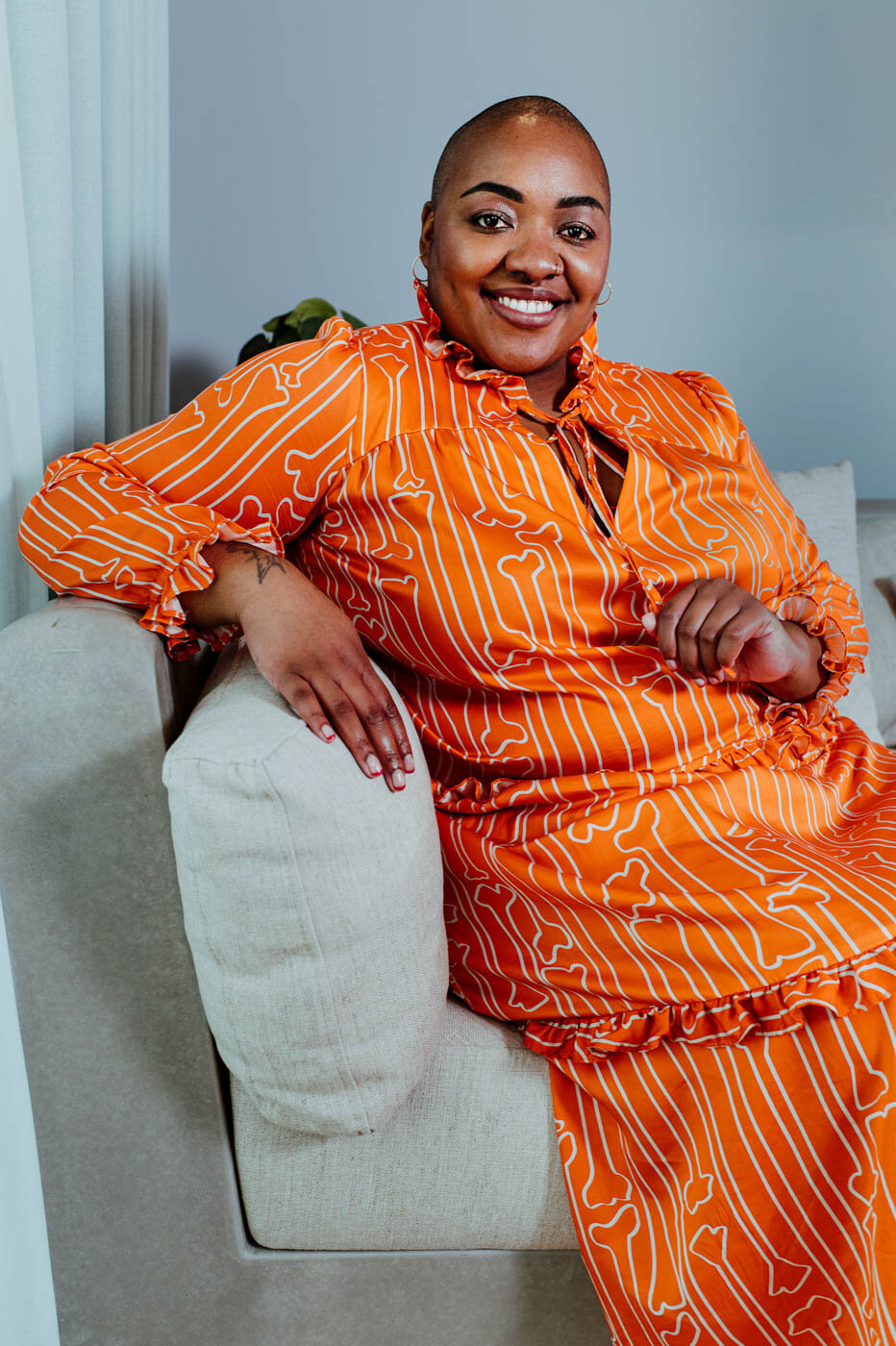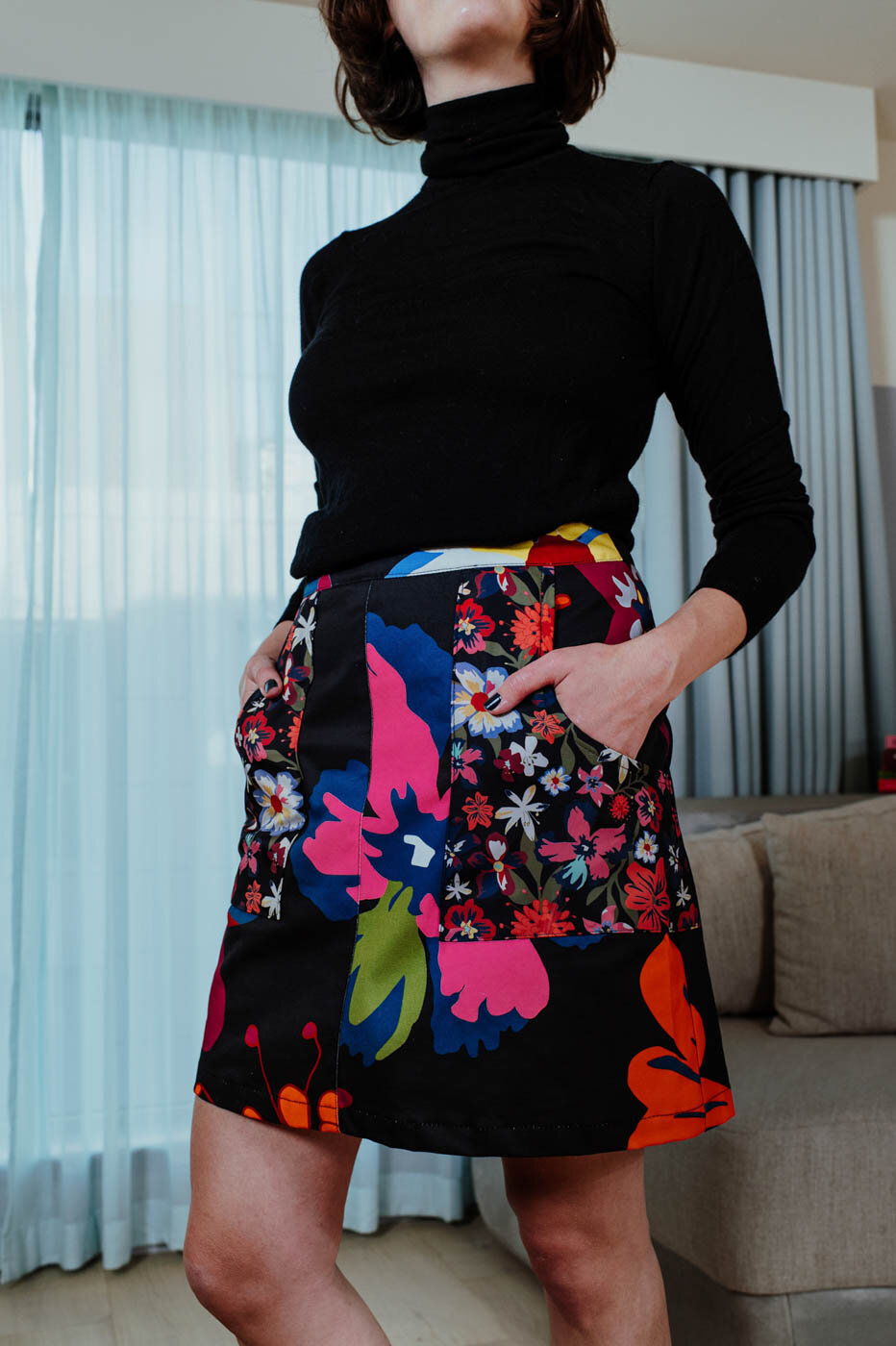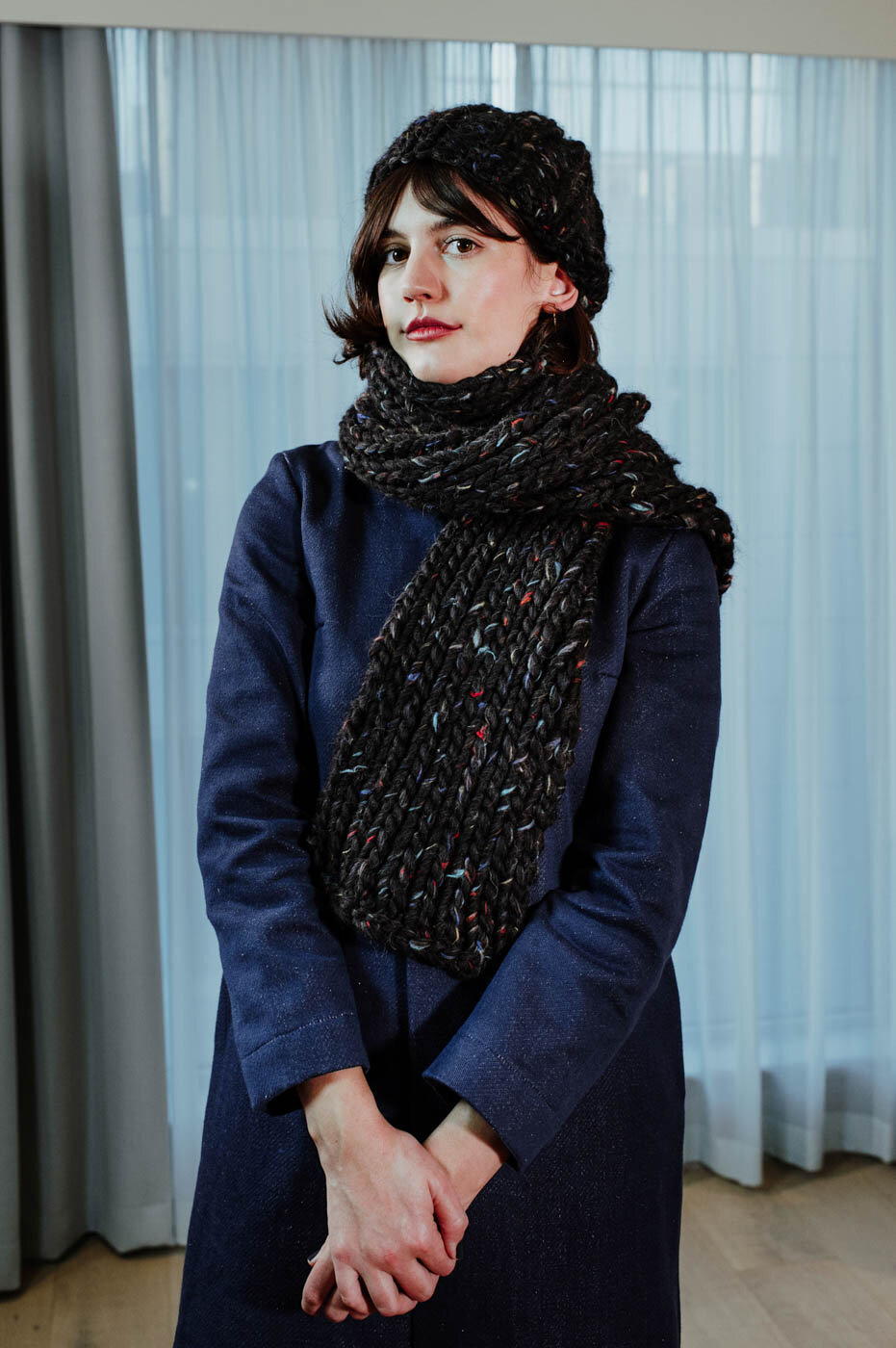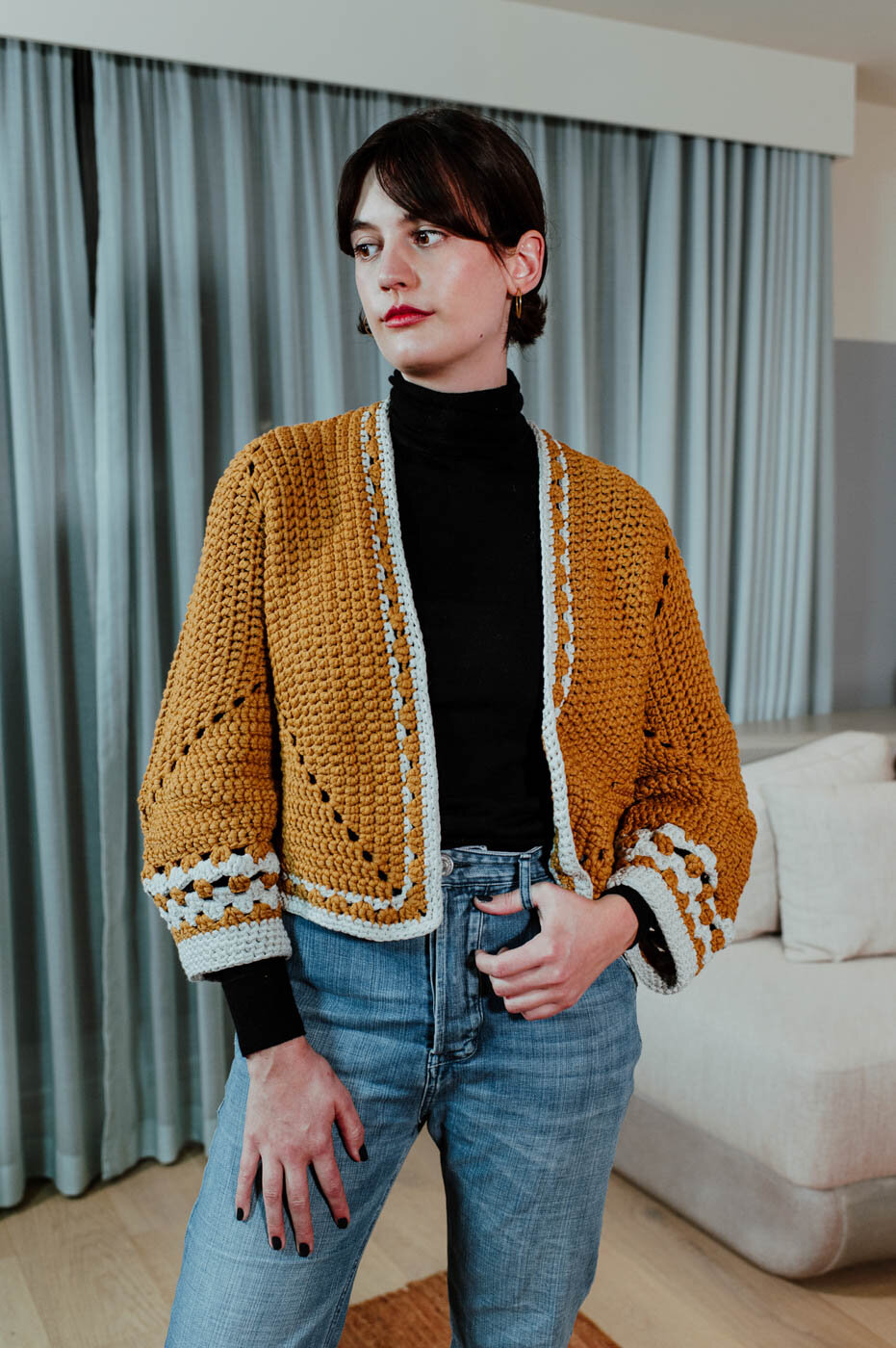Singing a sustainable Birdsong
by Jade French
Beautifully designed and mindfully made, Birdsong London set a new standard for ethical fashion when they launched in 2014. Embracing an activist edge in stylish silhouettes, they quickly earned themselves the reputation of being a truly feminist fashion label.
Birdsong gives a lot of thought to sourcing materials, from organic, small-batch denim created by a family-run business in Kerala to recycled yarn (made from discarded plastic bottles) in collaboration with Wool and the Gang. Their main collection is made from eco-fabrics like Tencel and organic cotton as well as recycled polyester. Caring for sustainable materials might mean hand-washing or using one of Birdsong’s Guppy bags to avoid microfibre shed — but the main point is that the brand actively tries to educate their fans to make better consumer choices. Here Sophie Slater, co-founder of Birdsong, explores their philosophy, messaging and hopes for the future with ALHAUS magazine.
How would you sum up Birdsong's brand ethos?
To create ethical clothes that women feel good about wearing and use our brand to inspire and implement change in the fashion industry.
What are the main messages you hope people take away from the Transparent Friday campaign?
We'd love to let them know that buying from big business is completely different from supporting a social enterprise, an indie brand. Yes, there are too many clothes being made by the high street, but that's completely different from a sustainable, slowly made garment that's benefiting local communities with living wages.
What does 2021 hold for Birdsong and sustainable fashion more broadly?
It's such an uncertain time, and our production is on pause again for the moment, but we still have tees for sale and I think ethics will hopefully catch up to sustainability in terms of buzzwords. Public awareness of how bigger brands treat their suppliers is definitely growing and hopefully, we can start holding them to account.
Their ethical core values extend beyond sustainable materials. Birdsong’s main focus is providing a fair wage for their makers. An estimated 60 million women aged between 18 and 35 work in the garment industry and are paid less than minimum wage. Working against the high street model, every part of Birdsong’s supply chain is transparent and the artists, makers, seamstresses and knitters who create the clothes are paid the London Living Wage. Working with charities like FabricWorks and community centres run by embroidery experts like Mona means that Birdsong is in direct contact with makers. Their knitwear is created by older women at the Bradbury Centre in Kingston and the Enfield Knit & Natter group.
With all that said, they also create beautiful clothes. The latest 2020/21 collection takes its inspiration from staying home but dreaming of travel (oh, we can relate!) and uses bold colours, playful illustrations and gorgeously cut jackets and jumpsuits to stand out from the crowd. A recent collaboration with functional fashion-conscious graduate Comet Chukura resulted in Glow: knitted hats and scarves made from light reflective, glow-in-the-dark yarn. Their jewellery range is made up of subtle pendants and tassels and — in a nod to their origins — their politically-minded t-shirt range provides a crafty slant on the slogan tee.
The brand knows that sustainable and ethical shopping can be difficult — and is keen to highlight the dangers of the new greenwashing trend. Through blog posts, they hope to keep consumers as informed as possible. Birdsong eschews grand statements on their ethical prowess in favour of teaching us where to find the proof: directing readers to the Fashion Transparency Index, mounting campaigns such as Transparent Friday and writing an online guide to slow shopping. Birdsong’s ethical brand demonstrates that we can all play a bigger role in turning the tide of fast fashion into conscious consumerism.








